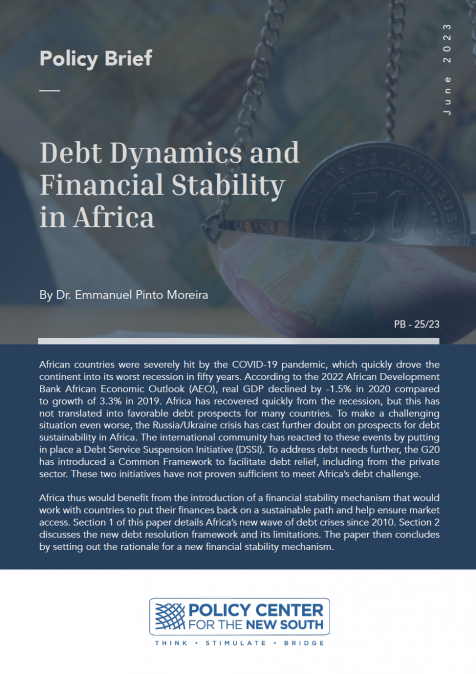Podcasts
L'érosion de la base d'imposition, le transfert de bénéfices et les défis de l'espace fiscal en Afrique
L'érosion de la base d'imposition et le transfert de bénéfices (BEPS) impliquant des entreprises multinationales est un problème complexe et multidimensionnel résultant de lacunes et d'incohérences entre les systèmes fiscaux des pays. Pour le résoudre, il faut une action coordonnée au niveau international. Plusieurs organisations ont pris des initiatives en ce sens, notamment l’OCDE qui, avec le soutien du G20, a lancé en 2013 un ambitieux projet de lutte contre le BEPS.
Dans ce podcast, nous analysons les défis liés à la fiscalité en Afrique et examinons l'impact de BEPS sur les économies africaines. Nous passons en revue les facteurs qui exacerbent le BEPS dans la région. De plus, nous évaluons l'impact négatif du BEPS en Afrique et discutons des initiatives actuelles visant à lutter contre le BEPS sur le continent, notamment celles proposées par l'OCDE. Enfin, nous aborderons les défis et formulerons des recommandations politiques visant à élargir l'espace fiscal et à réduire le BEPS en Afrique.









